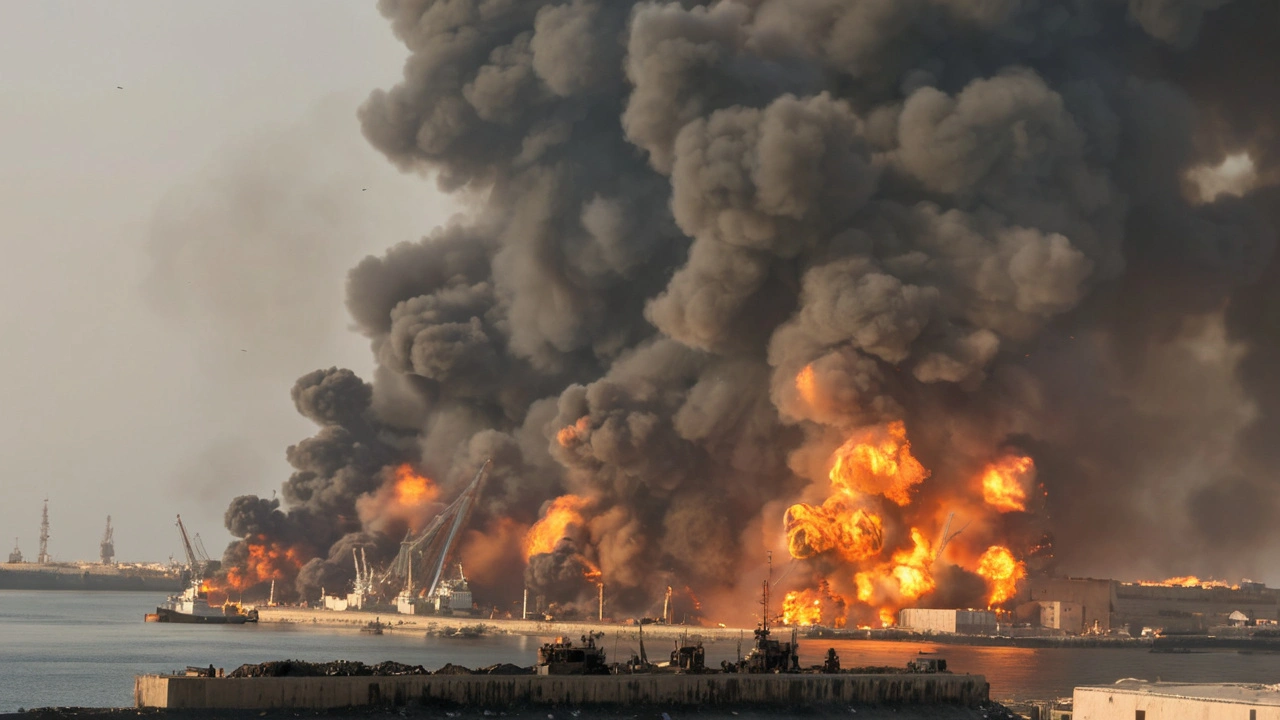Houthi: who they are and why the Red Sea matters
The Houthi movement has changed the map of Yemen and pushed the Red Sea into the news for all the wrong reasons. What started as a local, tribal uprising in northern Yemen is now a force that controls major cities, key ports and supply lines. That control, plus periodic missile and drone attacks, affects trade routes that link Africa, Asia and Europe.
If you follow shipping or African trade, this matters. Insurers hike fees, container lines reroute ships around the Cape of Good Hope, and goods take longer and cost more to reach markets in East Africa and beyond. Families in Yemen face a different crisis: damaged ports, food shortages and limited medical supplies make daily life far worse.
Quick snapshot: who are the Houthis?
The Houthis, also known as Ansar Allah, are a Zaidi Shia group from northern Yemen. They rose to prominence during the 2000s and took control of Sana’a in 2014. After that, a Saudi-led coalition intervened in 2015. The conflict became a messy regional fight—Saudi Arabia and its partners back the Yemeni government, while Iran is widely accused of supporting the Houthis. The group uses ground fighters, ballistic missiles, drones and naval tactics to push its goals.
What to watch and why it matters for Africa
Keep an eye on Red Sea chokepoints. Houthi attacks on commercial vessels or on traffic through the Bab el-Mandeb strait force global shipping to detour, adding days and extra costs. African economies that rely on imports or that export through Red Sea ports feel it fast—fuel, food staples and manufactured goods become pricier. Ports in East Africa that already operate on tight margins are particularly vulnerable.
Humanitarian fallout is another angle. Yemen is one of the world’s worst humanitarian crises. When ports and aid routes close or become dangerous, food and medicine deliveries slow. That can push already fragile populations further toward famine and disease, and it increases migration pressure on neighboring African states.
For readers who want practical updates: follow UN briefings, major news wires, and specialist maritime alerts (like Lloyd’s List and shipping advisories). Those sources track route warnings, insurance changes and verified incidents. If you run a business that ships goods through the Red Sea, talk to your logistics team about contingency routes and insurance clauses now, not later.
Finally, watch diplomacy. Ceasefires, prisoner swaps and talks brokered by regional players can calm the seas quickly—or collapse just as fast. That makes near-term predictions messy, but it also means a single negotiated pause can restore trade lanes and bring urgent supplies back to Yemen.
Want short, regular updates? Bookmark reliable Africa or Middle East news pages and subscribe to maritime security alerts. The situation changes fast, and staying informed helps both businesses and families prepare for sudden shifts in trade, aid and safety.

